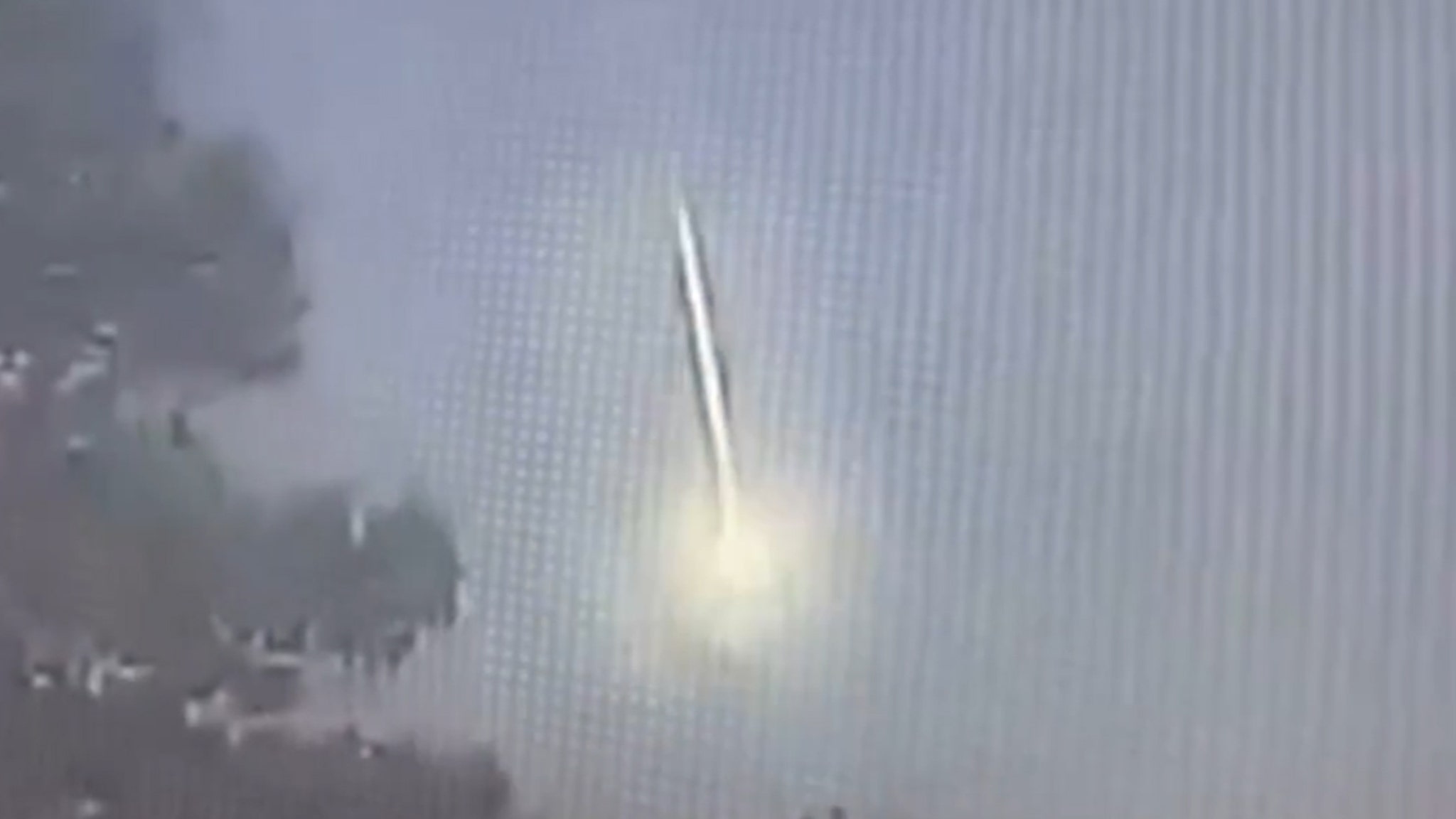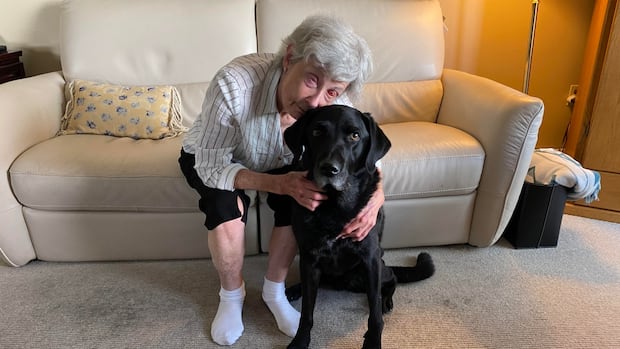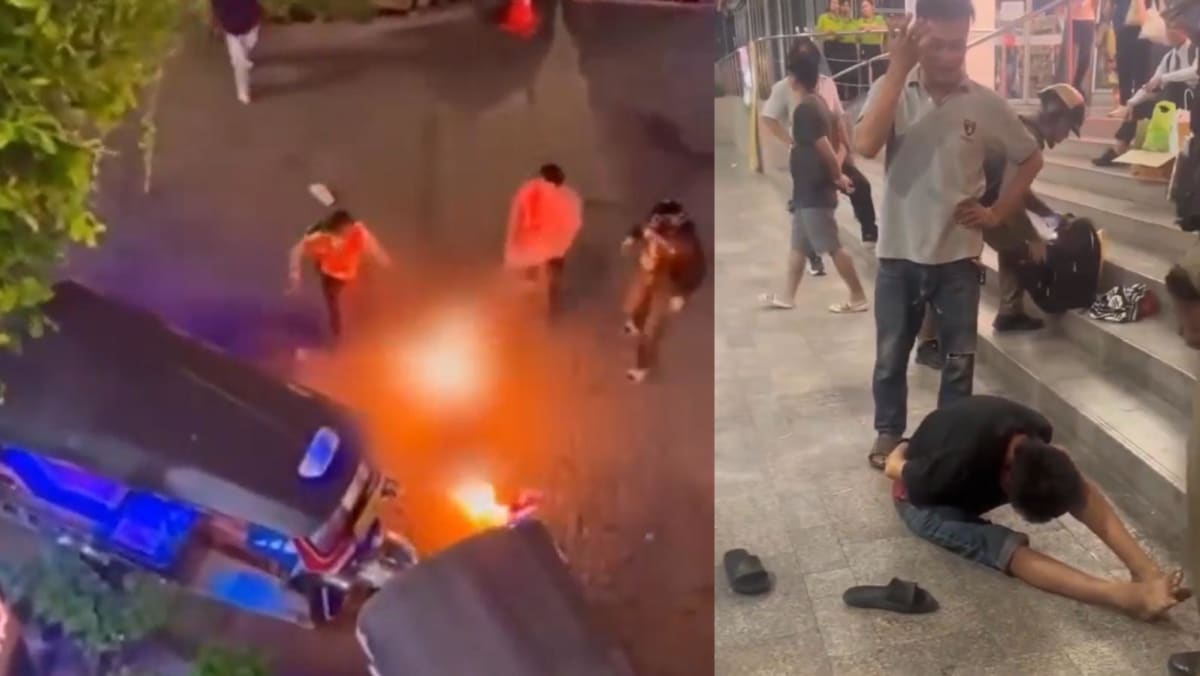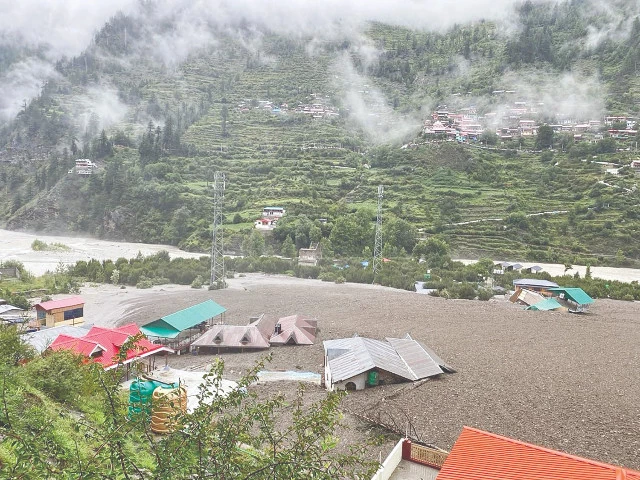Shocking Assassination: Five Al Jazeera Journalists Killed in Gaza – The World Reacts!

What if the voices that tell the truth about war were silenced forever? Tragically, this is the reality following the assassination of five Al Jazeera journalists in Gaza, sparking outrage and urgent calls for accountability from around the globe.
On a grim Sunday night, a drone strike targeted a tent filled with journalists outside the al-Shifa Hospital in Gaza City, a place that should be a sanctuary for life, not death. Among the seven casualties were renowned correspondents, including Anas al-Sharif and Mohammed Qreiqeh, whose fearless reporting had shone a light on the horrors faced by Palestinians.
Just hours before the tragedy, al-Sharif had taken to social media to warn the world about the “intense, concentrated bombardment” that was raining down on the eastern and southern parts of Gaza City. This 28-year-old journalist was not just a voice; he was a beacon, documenting the ongoing tragedies inflicted upon a population enduring unimaginable suffering.
Al Jazeera Media Network didn't hold back its condemnation, labeling the attacks as “targeted assassinations” of its staff. The network has stood firmly against the narrative that seeks to demonize its journalists, reaffirming their crucial role in providing an honest account of the conflict.
This incident has drawn severe reactions, with the Palestinian mission to the United Nations accusing Israel of systematically trying to eliminate journalists who risk their lives to report on the ground truths amidst a backdrop of violence.
“They have been among the last remaining journalists in Gaza, documenting the horrors and starvation inflicted upon the people,” the mission declared on social media, exposing the chilling reality that as the world remains silent, the truth continues to be endangered.
The Iranian Foreign Ministry has also stepped forward, demanding accountability for the killings, criticizing Israel for its blatant disregard for media freedom. Esmail Baghaei, their spokesperson, highlighted the need for global action, stating that “indifference and inaction are complicity in Israel’s crimes.”
Internationally, the United Nations has joined the chorus of condemnation, with Secretary-General Antonio Guterres's spokesperson calling for a thorough investigation. “Media workers should be able to work freely and without fear of being targeted,” he stated, a sentiment echoed by many around the world.
Amnesty International described the attack as a war crime, paying tribute to al-Sharif as a “brave and extraordinary” journalist. His work, especially during the ongoing conflict, had earned him the Human Rights Defender Award in 2024, emphasizing his dedication to shedding light on the injustices faced by Palestinians.
Mike Balsamo, president of the National Press Club in the U.S., lamented the loss, emphasizing that the killing of journalists transcends boundaries – it is a universal tragedy. He called for a comprehensive investigation into these killings, reiterating that reporters should never be targets in conflict zones.
The Council on American-Islamic Relations (CAIR) echoed these sentiments, asserting that Israel's actions are not collateral damage, but a calculated effort to silence journalists. “The murder of these Al Jazeera journalists is not an accident; it is part of a consistent, documented policy of silencing media voices,” stated CAIR National Executive Director Nihad Awad.
As of now, since the escalation of violence in October 2023, Israel has reportedly killed 269 journalists in Gaza, marking this conflict as one of the deadliest eras for reporters. Such statistics force us to confront an uncomfortable truth: when journalists are silenced, so too is the truth.






















